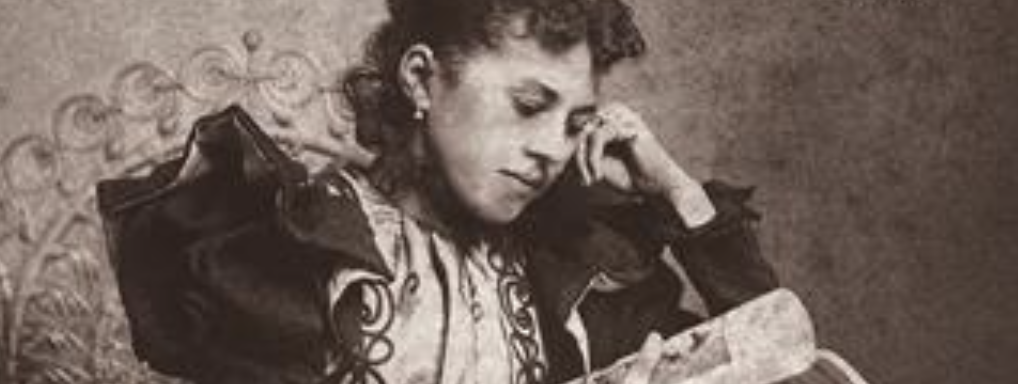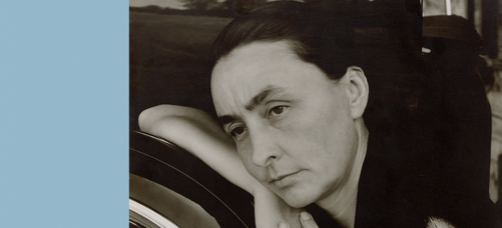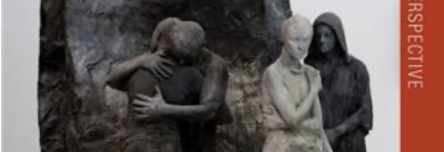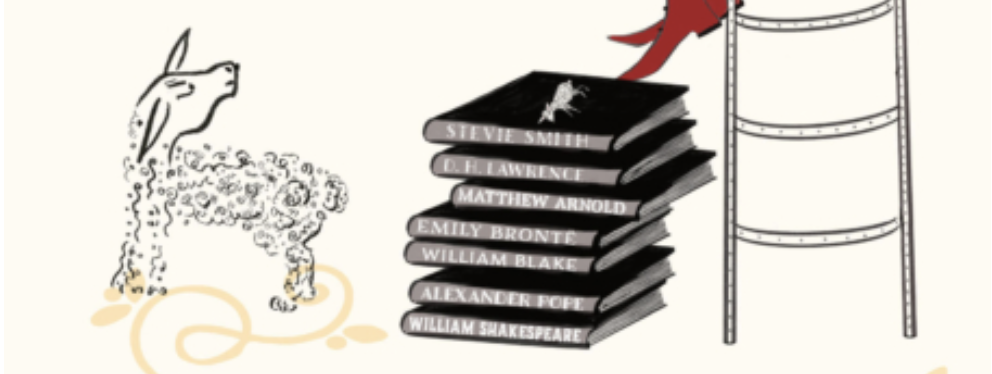A groundbreaking collection of Black women’s literary work

Kristin Waters’s and Carol B. Conaway’s landmark edited collection Black Women’s Intellectual Traditions: Speaking Their Minds offers sophisticated commentary on primary sources and their vital traditions. In fact, this volumes […]
Georgia O’Keeffe: To See Takes Time

This is without question the best book ever written on O’Keeffe, and an invaluable resource not only for scholars but for the general public. It is accurate, insightful, and beautifully […]
INTERVIEW: JOY LADIN, THE SOUL OF THE STRANGER FOR GEEKSOUT

Joy Ladin, author of The Soul of the Stranger: Reading God and Torah From a Transgender Perspective, sat down with Michele Kirichanskaya of GeeksOut to speak about her writing, career, […]
Mary’s little lamb gets a makeover in The Lamb Cycle

In The Lamb Cycle, David Ewbank achieves the unthinkable—he writes so convincingly in the style of the great English poets
When Freedom Speaks, your guide to the First Amendment

Greenky’s background gives her a unique perspective upon which to teach and write about the protection we have from laws that abridge our right to the freedom of speech.
An intimate conversation with forty women across the world

“Reading Ellen Warner’s The Second Half is like having one of those intimate conversations with each of 40 women from around the world as they share their formative experiences and advice for younger generations.
A new documentary brings Dan Pallotta’s Uncharitable to life

Uncharitable goes where no other book on the nonprofit sector has dared to tread. This Spring, the bestselling “nonprofit sector manifesto” (The Stanford Social Innovation Review) is leaping from page to screen in a landmark documentary directed by Stephen Gyllenhaal and featuring Chris Anderson


